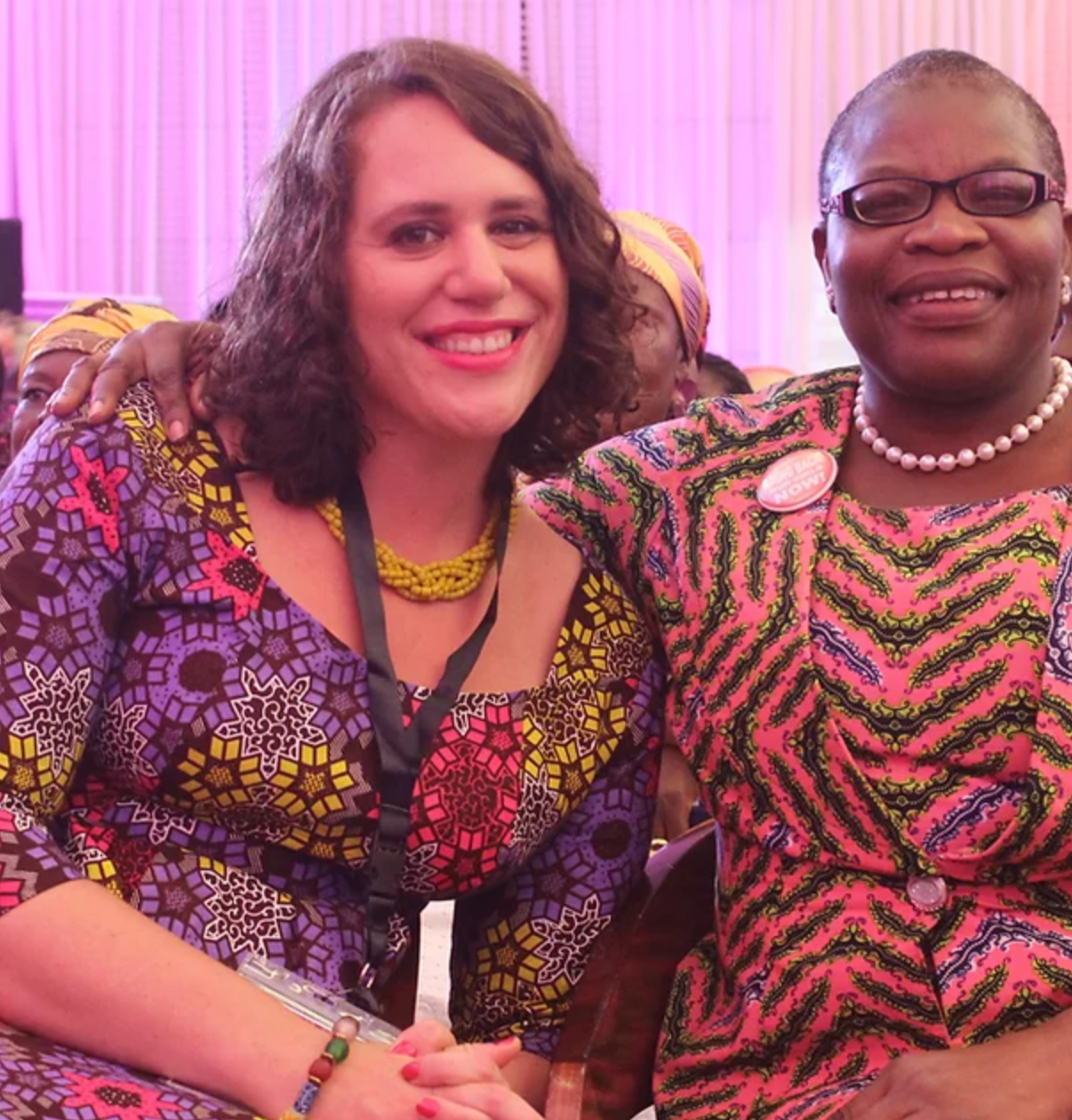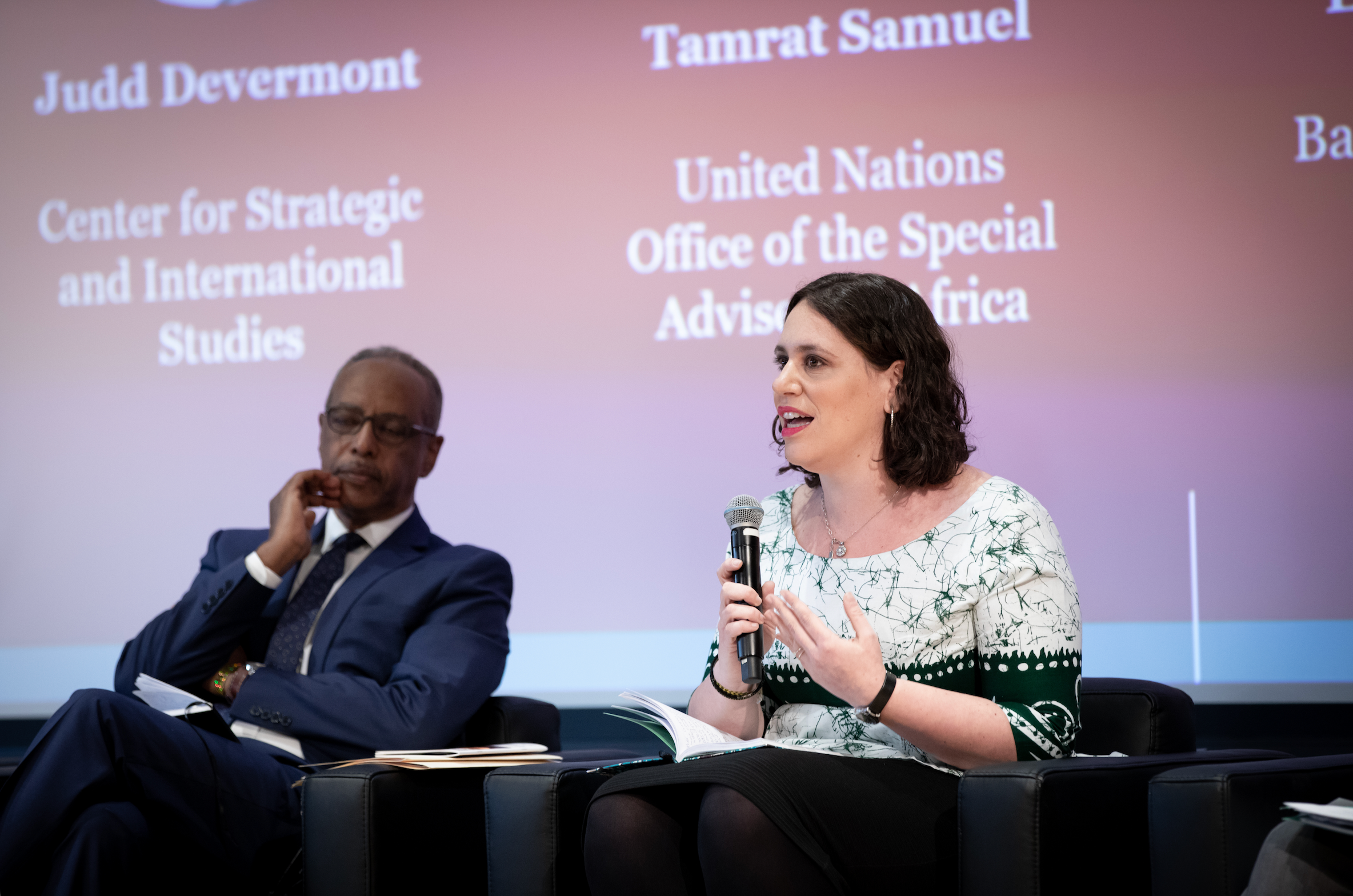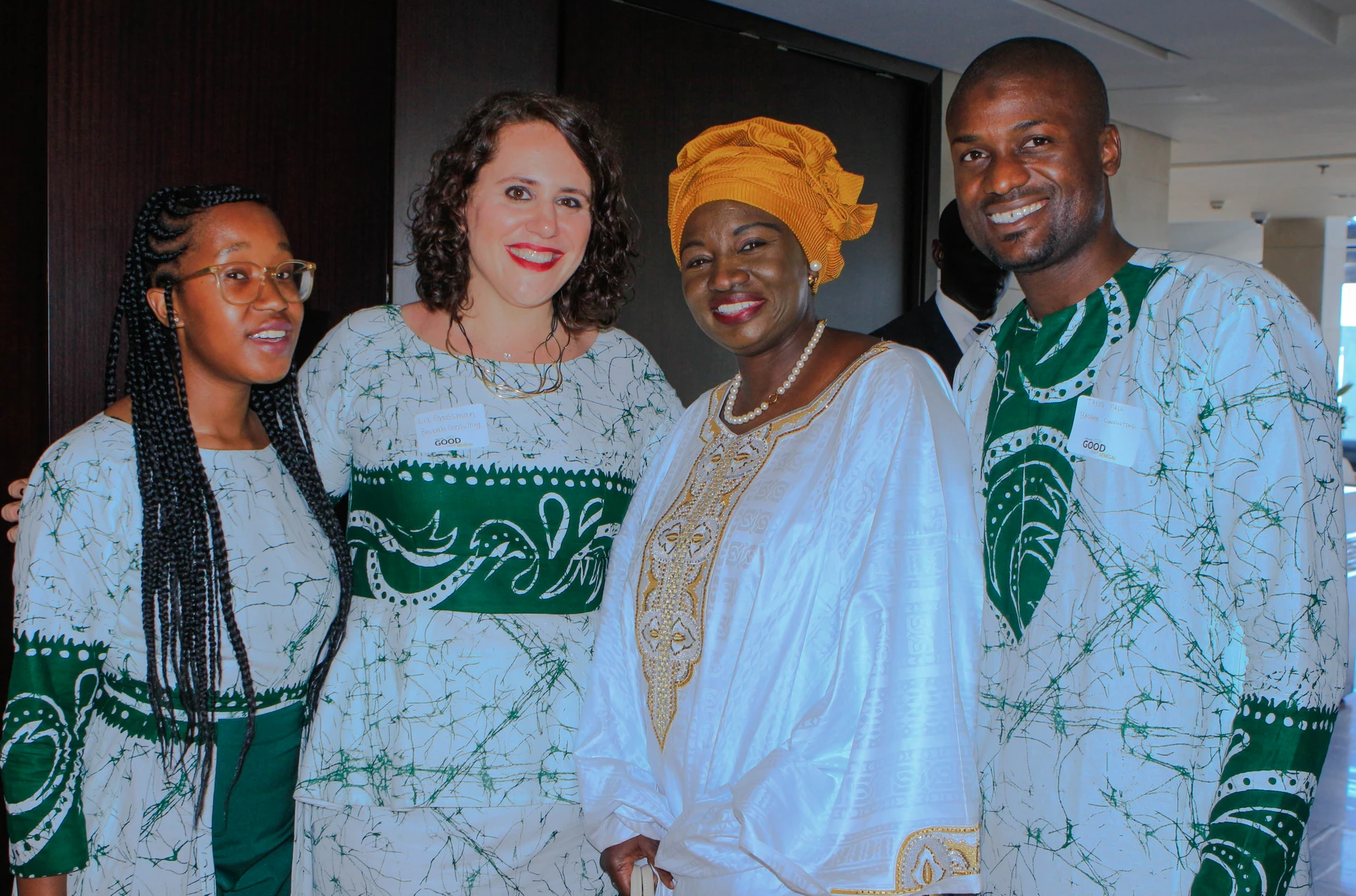How to Build Better Professional Intercultural Relationships
by Liz Grossman · Career advice
Mon, 19 Mar 2018 · 3 minute read

As our world globalizes, so does our workplace. We can build businesses, form teams, and attract clients with people who live all the way across the world, using internet and communication technology innovations such as WhatsApp, Google Drive, Zoom, and more productivity tools. We can attract and retain clients who live in completely different cultures and build international teams. The world has become a global marketplace, and talent from across the globe is accessible using just a touchscreen.
It can often be challenging to work with people who come from a different background than you, even though technology makes it possible. These differences involve national cultures as well as factors that may lead to conflicting values and behaviors, such as age, gender, education level, or ethnicity.
Many employers, both domestic and international, want to work with people with intercultural competencies, such as multilingualism, work or educational experience abroad, or even just having a professional or personal experience away from home. But how can you acquire the skills to ensure that you are building your relationships based on trust, respect, and mutual understanding?
Here are five tips on navigating cultural diversity in the global workplace.
Expose Yourself to Different Kinds of People
In both your social and professional worlds, you should put effort into meeting people who are different from you and get as much exposure to their world as you can. When traveling, make it a point to spend time meeting locals and if you are lucky enough to get invited to their home, say yes.

If someone invites you to take part in one of their customs, always accept. Even in your home city, you can push yourself outside of your regular comfort zone and attend meetups like International or other mixers.
If you come from a city, go stay in a village with friends or family and immerse yourself in their life. At the very least seeing and interacting with people out of your normal circles, you will have a vantage point to speak about when it comes to intercultural experience.
When Building the Relationship, Learn the Basics but Don’t be Afraid to Ask Questions
Do the basic necessary research. You don’t want to go into a meeting with a Malawian government official without even knowing where it is or what language they speak. Certain questions, though, can show your interest in their context. Check the latest local news and ask them for their opinion on current events (pick wisely, as you do not wish to start an uncomfortable debate on the first go!).
As you begin to work together, start to find out what their favorite foods are, what they do on the weekends, who their colleagues are, and what the traditions are in their culture. Even if you have never been to their country, they will be happy to see you are trying to understand.

Be Flexible in Your Work Style and Methods
When you enter a professional relationship with a person or a company, you will find many types of workstyles and methods. Some variations can be chalked up to personality, but others will be deeply ingrained cultural practices or environmental realities that will be hard to change quickly.
For example, Americans tend to be more focused on email communication, but if we work with local staff based in a rural village in East Africa for example, we might get the information we need faster if we send a WhatsApp message, which takes less internet bandwidth to send and receive. Be flexible in your own work style and methods, and make sure to adapt to the new context to actually achieve your goals.
Share Your Strengths With Humility, and Be Open to Learning
What is amazing about intercultural relationships is the potential for learning and growth. With each person coming from a different education and belief system, there are vast endless skills that can be transferred. However, no one likes to feel patronized or that one person is a know it all, particularly when it is a foreigner coming in and imposing their ways.
Assess what people want and need to learn from you from a realistic and humble perspective, and deliver in a way that engages them. On the flip side, be receptive when your colleagues wish to share new ideas with you and do your best to incorporate them visibly. This mutual benefit will assure that all parties are growing and sharing their values together.

Assume Positive Intentions and Address Misunderstandings
Unfortunately, there will always be mishaps and no one will be perfect. It can be very difficult to put yourself in the other person’s shoes, and even the most culturally sensitive professional can make mistakes. It is important to assume that the other party has positive intentions, and not take these misunderstandings personally. It is also important to discuss the root of the issue and understand what happened so that you are better equipped in the future to avoid the same mishap.
Remember, relationships are built over time. This is a process -- If you work on building these relationships today, you will see the fruits of your labor over time, and build a network of strong intercultural relationships that will allow you to have success in the future.
How SFAN Integrates Africa's Youth Into the Global Workforce
SFAN established the transformational ReadyforWork accelerator to unlock the potential of Africa's budding talents and help them become part of the global workforce.

Unveiling ReadyforWork
For entry-level job seekers and early career professionals who need tools, services, and support to learn new digital skills to launch or future-proof their careers, ReadyforWork offers an Al-assisted education solution with a market-aligned curriculum, clear career path and tools to prove their skills to prospective employers.
The platform is a two-sided marketplace. It helps learners understand how they stack up against their competition, gives them resources to level up and become of higher value when looking for gainful and meaningful work, and gives employers access to an emerging talent pipeline for a global workforce --with data-driven mechanisms to assess that talent.
Unlike other training programs that major in providing certifications, which do not work, ReadyforWork focuses on deep education, making learners minimally viable for their career aspirations. Through project-based, industry-driven training models and coach support, ReadyforWork gives students tools to turn their skills into businesses and fulfilling careers.
How ReadyforWork Works
ReadyforWork leverages strategic partnerships with employers and entrepreneurs in high-growth industries to help learners experience a market-aligned curriculum and create successful careers.
Our success-based pricing means learners can enjoy high-value, data-driven education at less than 30% of the cost of traditional programs. Whether you're looking for a new job, want to upskill to future-proof your career, or turn your passion into a business, ReadyforWork provides personalized, project-based learning, 1:1 career coaching, and career pipelines that help participants unlock their potential.
Unique Benefits With Transformational Results
ReadyforWork sets itself apart from the competition because of its intense focus on deep education with project-based programming. Some unique benefits include:
- Market-Aligned Curriculum: A market-aligned curriculum ensures that students are taught by industry practitioners rather than by individuals who lack real-world experience in their field.
- Project-Based Learning: The project-based learning framework allows learners to solve real business problems for real companies, not made-up case studies with zero accountability.
- Personalized Education: Personalized education helps learners access tailored materials that meet their career needs where they are and track their progress with actual data.
- Ongoing Career Support: With the community support and job pipeline, ReadyforWork learners get the tools, services, and support systems they need to turbocharge their careers.
Every candidate who graduates from our program can be sure they are ReadyforWork! Watch Kezia Owusu's remarkable impact story:

